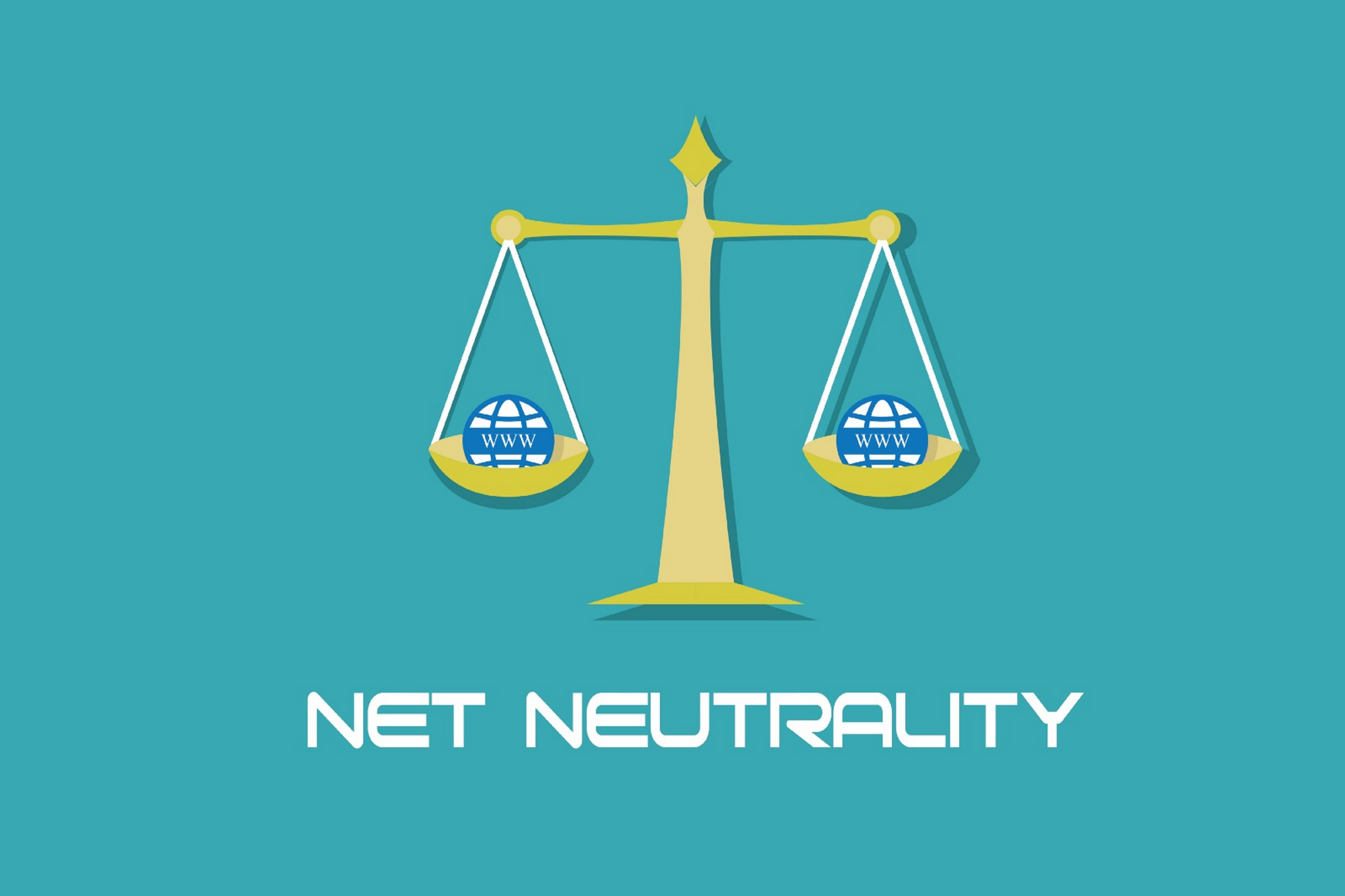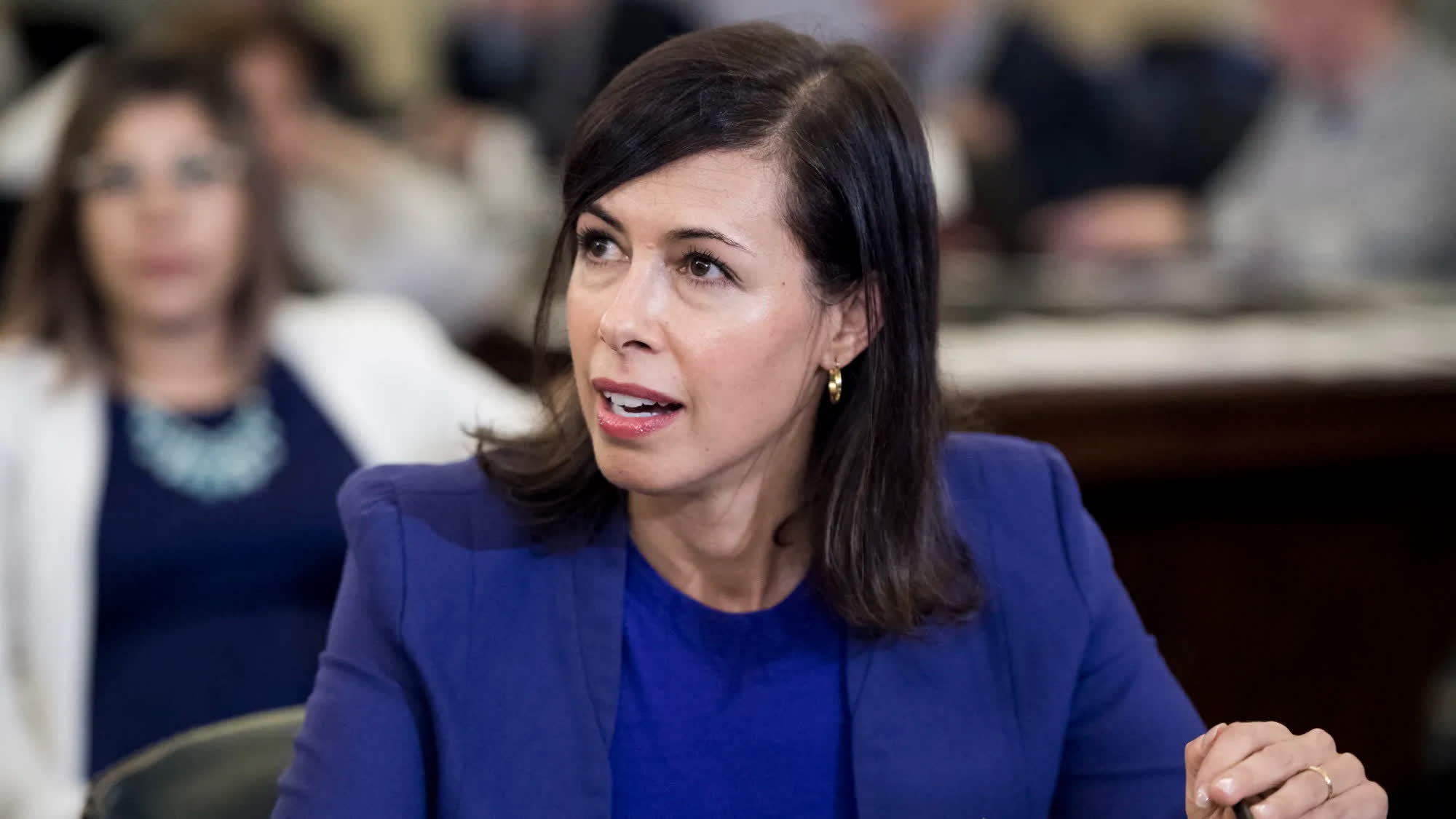In a nutshell: Net neutrality rules state that internet service providers must treat all internet communications equally, without prioritizing any traffic or filtering specific types of content. The rule was repealed in the US in 2017, but a Democratic-led FCC is currently working to reinstate them soon.
The US implemented net neutrality rules at the national level during the Obama Administration in 2015. These rules classified internet broadband as "telecommunication services" under Title II of the 1934 Communications Act, which regulated ISPs as common carriers or utilities. This classification required internet providers to offer a non-discriminatory service to their customers.
However, net neutrality rules were repealed in 2017 when Ajit Pai, who was appointed as FCC chairman by President Trump, decided to reclassify ISPs as "information services" under Title I of the Communications Act. Information services have no obligations to adhere to business practices that align with net neutrality principles.
The net neutrality repeal was celebrated as a major victory by the telecom industry. However, individual US states opted to enact their own local net neutrality rules shortly after the FCC's decision. In 2018, Washington, Oregon, and California passed new net neutrality laws, as did Colorado, Maine, New Jersey, and Vermont. Meanwhile, other states supported net neutrality through executive orders.
Fast forward to 2023, and the FCC is now under the leadership of Biden-appointed Chairwoman Jessica Rosenworcel. With a 3-2 majority favoring the Democrats, Rosenworcel has confirmed her plan to reinstate net neutrality rules at the federal level. She recently stated that the decision by the Trump administration to repeal net neutrality was a mistake, as it positioned the agency "on the wrong side of history, the wrong side of the law, and the wrong side of the public."

Repealing net neutrality repeal made no sense back then, Rosenworcel said, and it makes even less sense now. The Cvoid-19 pandemic underscored that internet infrastructure is an essential component of modern life, necessitating proper oversight to prevent potential discrimination and abuse by telecom corporations.
Rosenworcel further explained that the net neutrality repeal eliminated "enforceable, bright-line rules to prevent blocking, throttling, and paid prioritization." Additionally, it stripped the agency of any substantial oversight in markets served by a single provider. Without the Title II classification, the agency cannot prohibit telcos from selling their customers' location data.
Rosenworcel is preparing to release the complete text of the new net neutrality rules, and the FCC will once again seek public input before reinstating the Title II classification. The agency aims to reintroduce policies that "prevent broadband providers from engaging in blocking, throttling, and paid prioritization." Providers will also be required to adhere to a "general conduct rule" that prohibits them from "interfering" with or "disadvantaging" consumers' ability to access the online content and services of their choice.
The non-profit digital rights group, Electronic Frontier Foundation (EFF), welcomed the new net neutrality rules, citing their positive impact on US internet users and as an example for the world. The Center for Democracy & Technology group also expressed its appreciation for the FCC decision. Opponents of the new rules include Senator Ted Cruz (R-TX), who issued a press release expressing dismay at the reinstatement of the "failed Obama-era net neutrality rules." He argued that these rules treat the internet as a public utility "controlled by the federal government."
